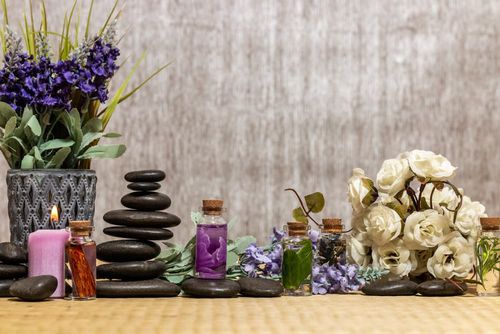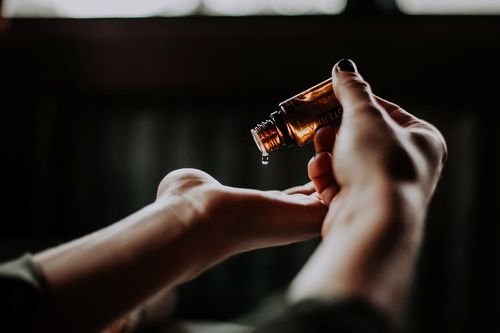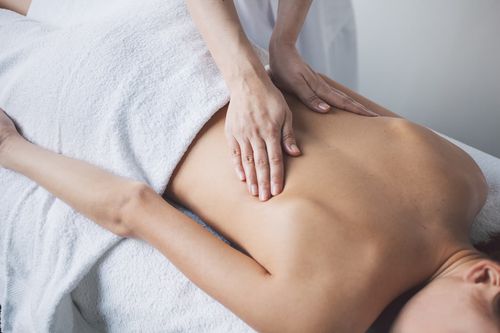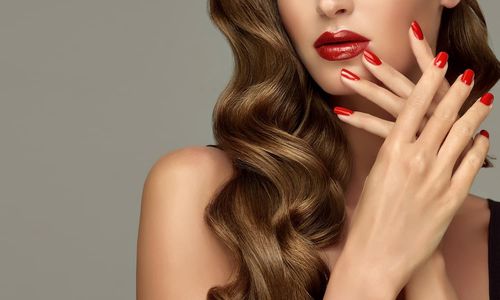What is Aromatherapy?
Aromatherapy is a holistic treatment that uses pure essential oils (fragrant plant extracts) to promote health and wellbeing, usually through massage, inhalation, baths or compresses. As a holistic treatment, it can have a profound effect on the person's physical and psychological wellbeing. It is believed that scent, being the most enduring of our senses, has the power to heal people's bodies and transform emotions.
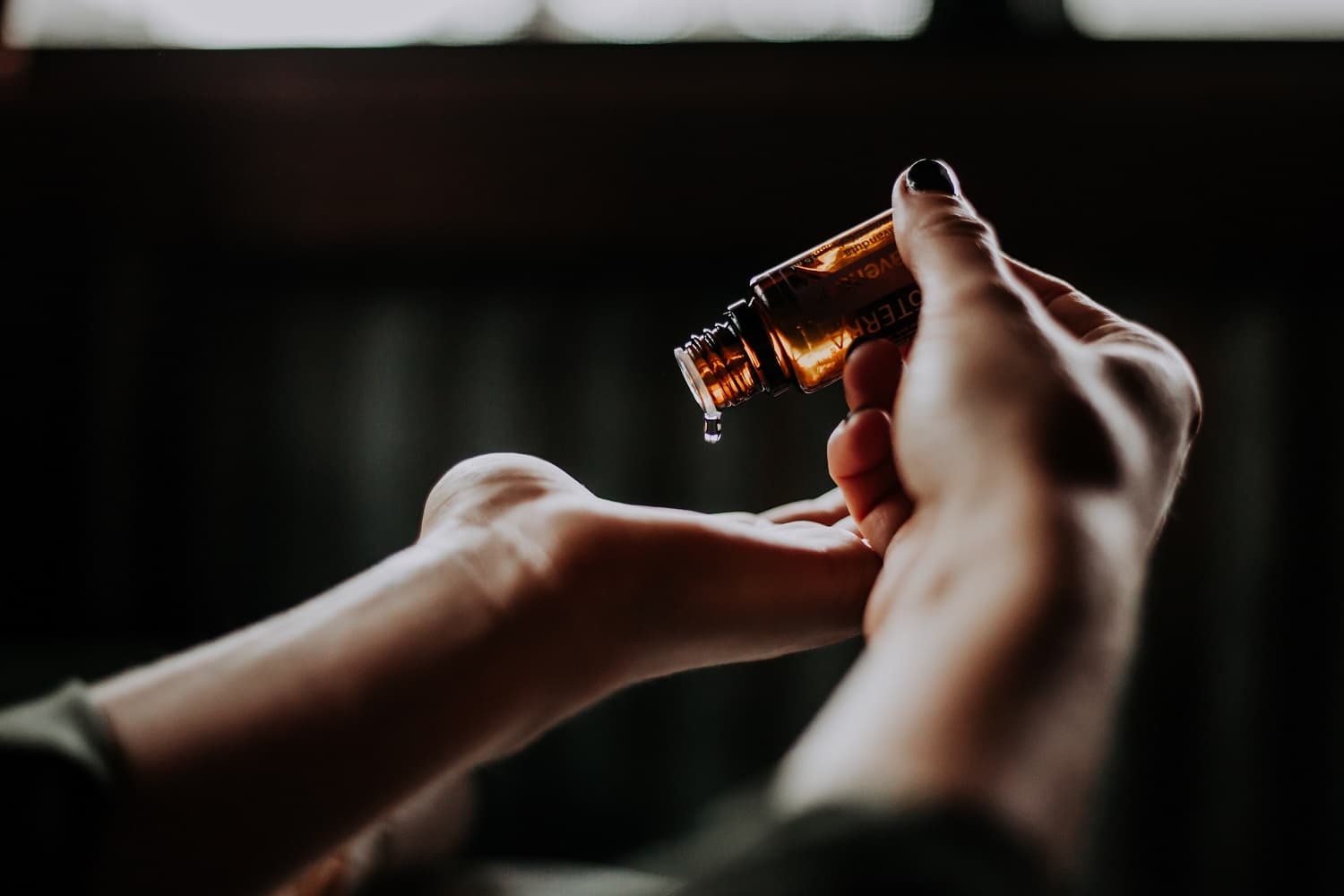
How Does Aromatherapy Work?
Aromatherapy works through inhalation or skin absorption, or a combination of both. For inhalation, the essential oils are evaporated into the air using a diffuser or a spray bottle, or added to a steam bath. Apart from the aromatic smell, the oils can provide other benefits such as disinfection, nasal decongestant, and positive psychological effects.
For skin absorption, the essential oils are never used directly on the skin. They are diluted with a carrier. Then, it is used as massage oils, or as bath and skin care products. Massaging with essential oils can improve circulation and increase absorption. It's important to perform a skin patch test first before trying a new essential oil to prevent potential allergic reactions.
What Essential Oils Are Best for Aromatherapy?
Essential oils are extracted from herbs and plants to treat several conditions, ranging from skin disorders and infections to immune deficiencies and stress. When the nasal cavity detects the scent of essential oils, it creates impressions and emotions. When these are picked up by the parts of the brain that control bodily functions, such as heart rate, blood pressure, breathing, stress levels, memory and hormone balance, one's overall wellbeing improves.
Using essential oils can contribute to achieving various physiological or psychological effects. Below are some of the best essential oils in aromatherapy and their uses:
- Eucalyptus: for colds and nasal congestion
- Frankincense: for calming emotions and quelling nightmares
- Geranium: for menopausal problems and premenstrual syndrome (PMS)
- Lemongrass: effective for soothing sore or injured muscles
- Lavender: for promoting relaxation
- Peppermint: for instant quick energy
- Rose: a uterine tonic that aids in contractions during childbirth
- Sandalwood: promotes relaxation, aids in addressing digestive troubles (esp. due to tension) and treats dry skin
- Tea Tree: carries strong disinfectant, antibacterial and antifungal properties
- Cinnamon: for increasing concentration and preventing agitation
- Lemongrass: alleviates anxiety and repels insects
- Chamomile: for improving sleep
- Ylang Ylang: for alleviating stress, anxiety and insomnia
What Are the Benefits of Aromatherapy?
Aromatherapy has several health benefits, ranging from physical to the emotional. The benefits can be received from inhalation or by topical application. The following are some benefits that can be gained from aromatherapy:
- Manages pain
- Improves sleep
- Reduces stress, agitation and anxiety
- Soothes sore joints
- Reduces headaches and migraines
- Alleviates side effects of chemotherapy
- Eases discomforts of labor
- Fights bacteria, virus or fungus
- Improves digestion
- Improves hospice and palliative care
- Improves immunity
What Can You Expect From Aromatherapy?
Inhaling fragrant essential oils will leave you feeling relaxed, focused and optimistic. You can do this lying down or while seated in a comfy couch. If you're in for a de-stressing massage therapy session, a massage therapist can blend some oil variants and customise a treatment plan just for you.
When seeing an aromatherapist for the first time, expect to answer questions as regards your health condition, any medications you might be on or any allergies you may be suffering from. Aromatherapists want to improve the wellbeing of their clients, not make their conditions worse. Many of them provide online services, too, so if you're seeking to experience aromatherapy remotely, you can check Natural Therapy Pages' full listings.
